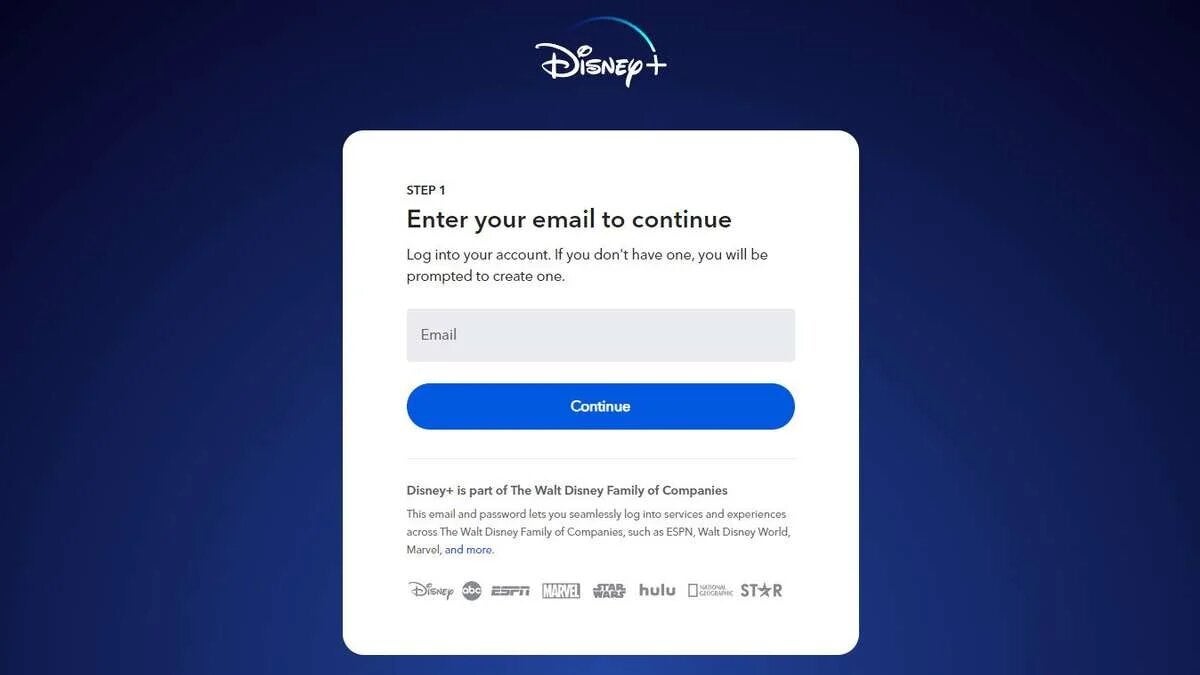Password-Sharing Decreased 4% Among Streaming Customers in 2023; Are Restrictions Having an Effect?
Password-Sharing Decreased 4% Among Streaming Customers in 2023; Are Restrictions Having an Effect?
New data from Leichtman Research Group indicates that 23% of all direct-to-consumer streamers are used in more than one household.

“Love means sharing a password,” Netflix infamously tweeted in 2017. The streaming industry has come a long way since then, and nowadays the quest for streaming profits is leading more and more providers to the same conclusion: they’ve got to crack down on account sharing in order to maximize their revenue and stay afloat. New data from the Leichtman Research Group shows that the strategy may be working as the percentage of streaming services that were being used in multiple homes dropped four percent over the past year.
- Leichtman found that 11% of services are paid for by someone who shares them, and another 10% are used in households that aren’t paying for them.
- A recent survey from Bango found that 35% of former password-sharers had purchased an account they used to get for free.
- Netflix was the first to crack down on password sharing, followed by Disney’s streamers. Max’s rules are coming later this year.
Get Disney+, Hulu, and ESPN+ for just $16.99 a month ($14 savings).

Leichtman’s data shows that the total number of password-sharing streaming customers is now at 23%, down from 27% at this time in 2023. The study found that 11% of direct-to-consumer (DTC) services are used and paid for by those who also share them with someone outside the household, while another 10% of DTC services are used in one household but are borrowed from another household that is paying for the service (not accounting for overlap in the two groups).
Another 2% of DTC services are used by multiple households that share costs, which has become a common tactic among friends who think the costs of stacking multiple streaming services have risen too high. Indeed, another recent survey found that the amount of streaming apps used by customers who stream on smart TVs has leveled off over the past year, a sure sign that audiences are reaching their stacking limits.
Leichtman’s data also shows which age groups are most likely to share someone else’s streaming account. Among ages 18-34, 17% of all DTC services are fully paid for by someone else – compared to 7% among ages 35+. The 18-34 age cohort accounts for 59% of all DTC services that are borrowed by adults, which is logical considering many members of this group are striking out on their own for the first time, and may never have owned a streaming subscription themselves yet.
Where Do Major Streamers Stand with Password Sharing Rules?

Netflix led the charge to stop its viewers from sharing their accounts between households, handing down rules restricting the distribution of login information in May 2023. Those rules have rolled out slowly, and some customers in the United States have still not seen any changes to the way they share; Leicthman found that 10% of consumers with Netflix borrow the service from someone else – compared to 15% in 2022, 14% in 2020, and 16% in 2018.
Disney was next to try and limit its customers’ ability to share their accounts. In early February, the user agreements of Disney+, Hulu, and ESPN+ were all updated to make account sharing an explicit violation. Disney will begin enforcing its crackdown later this summer when paid sharing accounts will become available.
Max is also planning to crack down on password sharers, as Warner Bros. Discovery CEO David Zaslav first made known in early March. There’s no timeline for when those rules will be enacted for Max subscribers, but customers of the service should not be surprised if they arrive without advanced warning.
Paramount+ customers don’t have reason to fret about password-sharing rules yet. The company said in November 2023 that sharing customers have not been a huge drag on its revenues, so it has not seen the need to crack down. Executives from Peacock and Prime Video have not yet revealed any plans to update their password-sharing rules.
It would be a surprise not to see most streaming services eventually follow Netflix’s lead. As Leicthman’s numbers show, password-sharing restrictions are having an effect, even if it’s just a small one. The number of customers sharing streaming accounts is declining, and as a recent survey from Bango found that 35% of former sharers had signed up to become paying customers of the streamer they had been getting for free, there’s clear financial incentive for the spread of password-sharing rules.
Amazon Prime Video
Amazon Prime Video is a subscription video streaming service that includes on-demand access to 10,000+ movies, TV shows, and Prime Originals like “The Lord of the Rings: The Rings of Power,” “Jack Ryan,” “The Marvelous Mrs. Maisel,” “The Boys,” and more. Subscribers can also add third-party services like Max, Showtime, STARZ, and dozens more with Amazon Prime Video Channels. Prime Video also offers exclusive live access to NFL Thursday Night Football.

